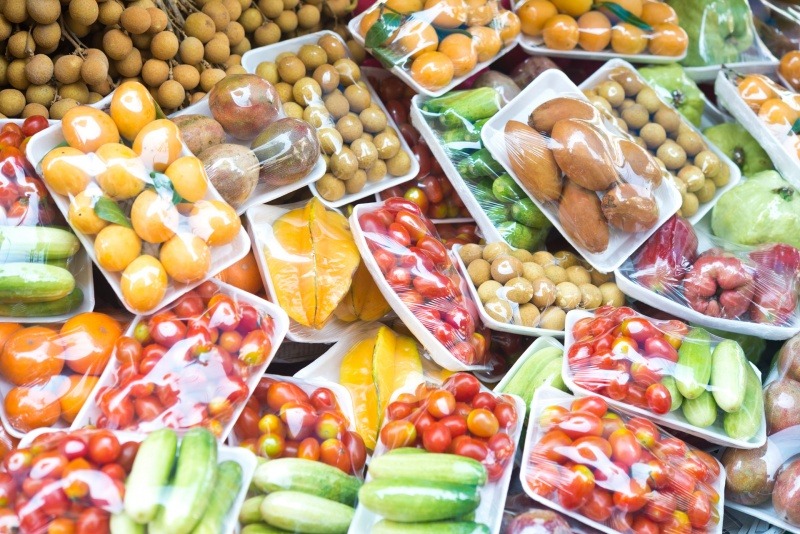Campaigners call for greater Deposit Return Scheme transparency
Survey shows two-thirds believe supermarkets prioritise profits over environmental impact, with advocacy groups warning against retailers being allowed to oversee their own plastic reduction efforts.
 Environmental campaigners have criticised the government’s decision to appoint industry representatives to manage the UK’s upcoming Deposit Return Scheme (DRS), warning that major supermarkets are being allowed to “mark their own homework” on plastic reduction.
Environmental campaigners have criticised the government’s decision to appoint industry representatives to manage the UK’s upcoming Deposit Return Scheme (DRS), warning that major supermarkets are being allowed to “mark their own homework” on plastic reduction.
The appraisal follows the announcement that executives from Lidl, C-op and Tesco have been appointed to the management body overseeing the DRS, which is scheduled to begin in October 2027.
Representatives from several major retailers, including Tesco, Lidl and ASDA, had previously requested a delay to the scheme’s implementation, citing financial concerns.
Dominic Dyer, Chair of Nature 2030, expressed concerns about the appointment: “Big supermarkets are deliberately stalling the action we need to see and must not be left to mark their own homework when it comes to tackling plastic pollution.”
“With the biggest high street retailers now sitting on the board of Britain's recycling scheme for single-use bottles, there are serious concerns about whether they will put profits before environmental protection. Why should billion-pound companies be deciding our environmental laws when their track record shows they clearly cannot be trusted?”
Public concerned with single-use plastics
New research commissioned by Nature2030 suggests widespread public frustration with supermarket plastic usage. The survey found that 78 per cent of respondents believe supermarkets continue to use excessive amounts of single-use plastic, while 69 per cent argue that major chains prioritise profits over environmental responsibility.
The polling also uncovered concerns about health implications, with half of respondents worried about the health impact of plastic. 49 per cent indicated that they would be more likely to shop at supermarkets that eliminate single-use plastic entirely.
Public support for regulatory action was strong in the survey, with 57 per cent backing additional taxes on companies using non-recyclable single-use plastic packaging.
Discussing public attitudes, Polly Billington, Labour MP for East Thanet and Commons Net Zero Committee member, said: “While the public grows increasingly concerned about the health impacts of mountains of unrecycled waste, supermarkets continue to generate millions of tonnes of unnecessary plastic packaging each year, leaving it to already over-stretched councils to clean up our beaches and natural beauty spots.”
Campaigners call for legislative action
UK supermarkets are estimated to generate 30 billion pieces of unnecessary plastic waste each year, with the nation’s retailers performing worse than their counterparts in France, Germany, and Spain.
Recent investigation by the Environmental Investigation Agency found that 70 per cent of soft plastic collected through Sainsbury’s and Tesco’s take-back schemes was incinerated rather than recycled.
Campaigners rallying against supermarket waste point to European deposit return schemes, with EU nations achieving average bottle recycling rates of 94 per cent. These systems typically involve charging a small refundable deposit on single-use drink containers.
Sian Sutherland, Co-Founder of A Plastic Planet & Plastic Health Council, emphasised the need for comprehensive reform: “Britain's plastic crisis can no longer be ignored. Supermarkets are turning a blind eye to the mountains of waste they produce each year, and they will not clean up their act alone; ministers must legislate.”
Billington added: “The deposit return scheme is a start, but we need comprehensive change from businesses to drive genuine reduction in plastic production, not just recycling targets that mask the true scale of the problem.”








